This exhibition explores the role of artists and activists in two decades following the Stonewall riots of 1969, with documentary photographs displayed alongside works by LGBTQ artists and collectives including Andy Warhol, Barbara Hammer and Gran Fury. The exhibition is split across two New York venues: the Grey Art Gallery (until 20 July) and the Leslie-Lohman Museum of Gay and Lesbian Art (until 21 July). Find out more from the Grey Art Gallery’s website.
Preview the exhibition below | View Apollo’s Art Diary here
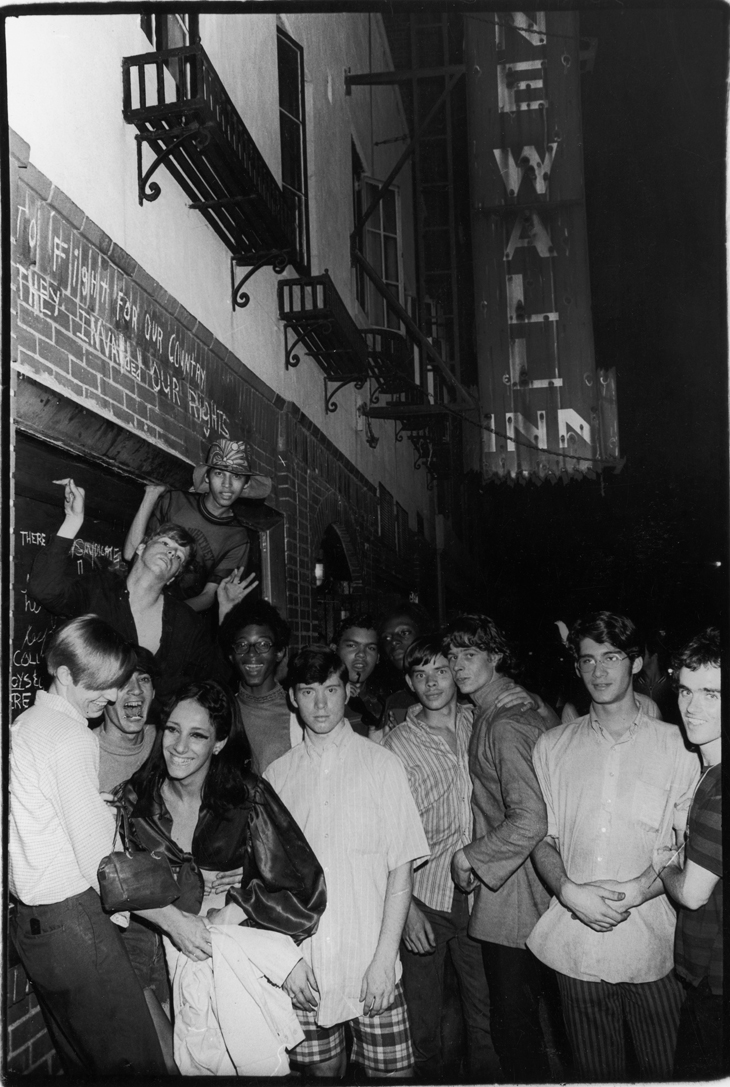
Celebration After Riots Outside Stonewall Inn, Nelly (Betsy Mae Koolo), Chris (Drag Queen Chris), Roger Davis, Michelle and Tommy Lanigan-Schmidt, June 1969 (1969), Fred W. McDarrah. Photo: Fred W. McDarrah/Getty Images
During the early hours of 28 July, four plain-clothes police officers arrived at the Stonewall Inn – at the time the only gay club in New York where dancing was permitted – in an attempted raid. A crowd of several hundreds spontaneously gathered on the streets of Greenwich Village and began to riot, an act of defiance generally remembered as the birth of the gay liberation movement. In Fred McDarrah’s famous photograph, taken outside the Stonewall Inn after the riots, the slogan ‘They Invade Our Rights’ is visible, scrawled above the entrance to the bar.
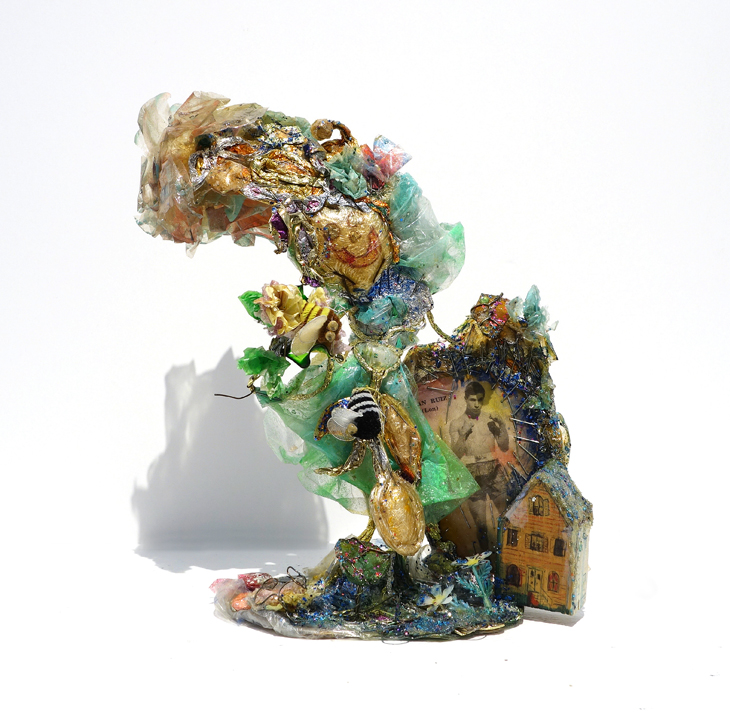
Allegory of the Stonewall Riot (Statue of Liberty) Fighting for Drag Queen, Husband and Home (1969), Thomas Lanigan-Schmidt. Courtesy the artist and Pavel Zoubok Gallery, New York
The artist Thomas Lanigan-Schmidt (pictured on the far right of McDarrah’s photograph, above) has since the late 1960s used materials such as glitter, tinsel and cling film in sculptures that are unabashedly kitsch, flying in the face of the mainstream taste for minimalism and immaterial, conceptually driven work. His homage to the Stonewall riots presents a pipe-cleaner Statue of Liberty in drag, fighting for her diminutive housebound husband, an allegory for the riots themselves.
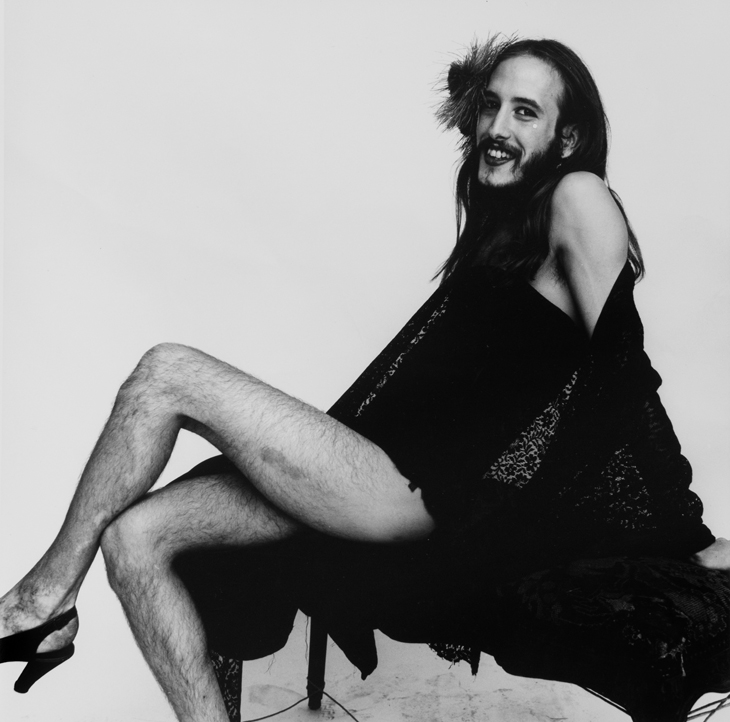
Daniel Ware (Cockette) (1971), Peter Hujar. Photo: courtesy Pace/MacGill Gallery, New York and Fraenkel Gallery, San Francisco; © 1987 The Peter Hujar Archive, LLC
The photographer Peter Hujar was another veteran of Stonewall, witnessing the riots with his then-partner, the activist Jim Fouratt. Though little-known during his lifetime, his depictions of American society in the 1970s are now canonical. This work reflects the role of cross-dressing in art in the years after Stonewall, used to express theories of gender as performance and the fluidity of sexuality.
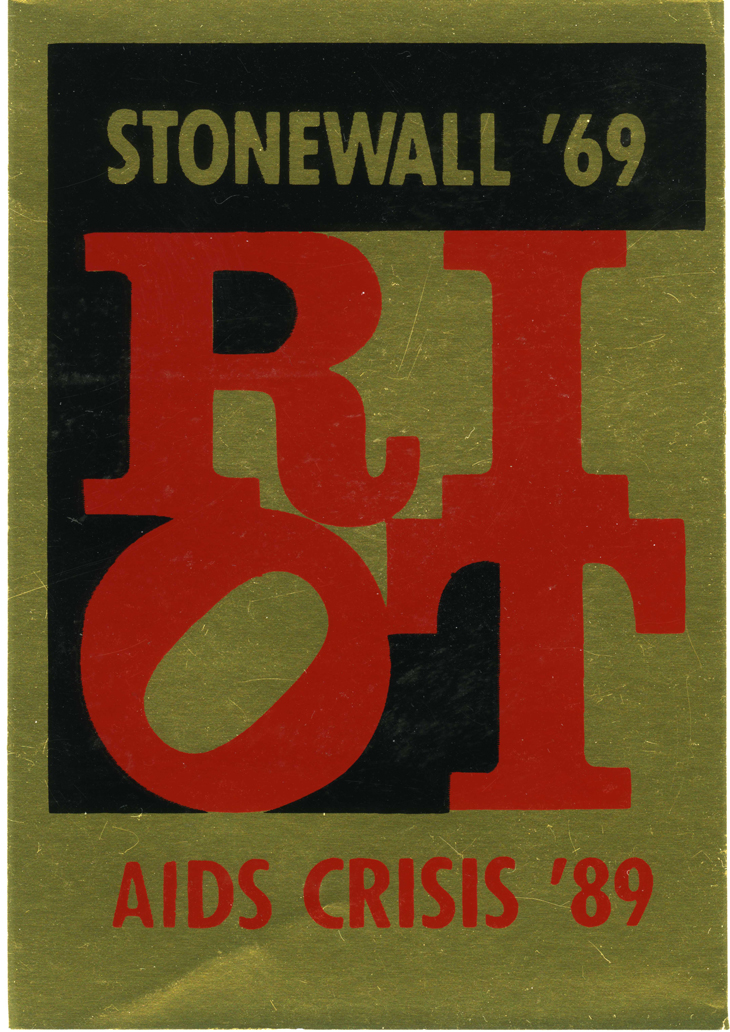
Riot (1989), Gran Fury. Courtesy Carpenter Center for Visual Arts/Harvard Art Museum
In the 1980s, queer artists, activists and theorists continued to increase their visibility in the cultural sphere. Yet the decade also saw the LGBTQ community beset by the AIDS epidemic and facing increased public prejudice. This poster by the collective known as Gran Fury – the letters of the word ‘RIOT’ modelled on Robert Indiana’s famous ‘LOVE’ image – shows how activists looked to the legacy of Stonewall in their AIDS activism.



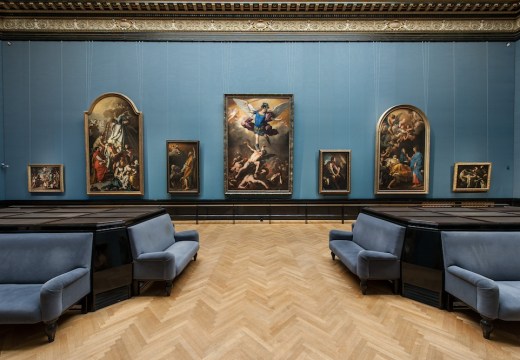
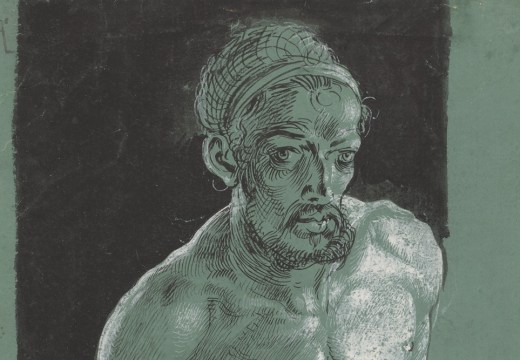

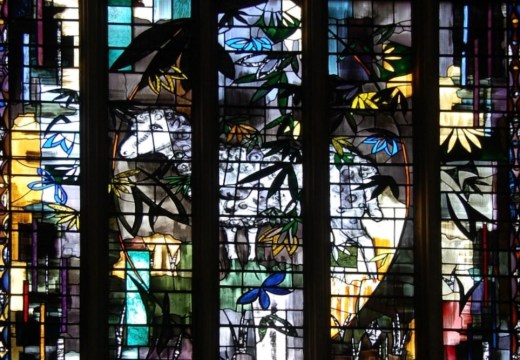
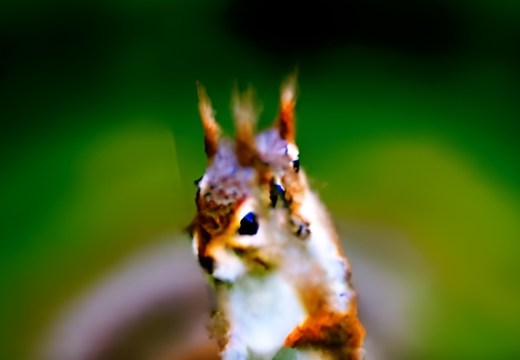

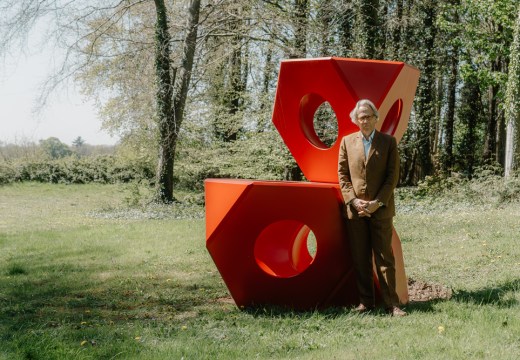

![Masterpiece [Re]discovery 2022. Photo: Ben Fisher Photography, courtesy of Masterpiece London](https://apollo-magazine.com/wp-content/uploads/2022/07/MPL2022_4263.jpg)
Sitting pretty – what makes a good museum bench?